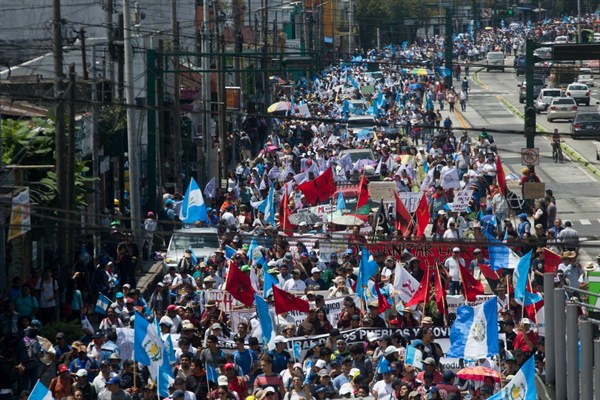The Trump administration is due to soon formally release its findings from a review of U.S. foreign assistance programs, aimed at “realigning” them for “a new era of great-power competition,” which critics have described as an effort to curb foreign aid overall. Given this context, aid and development organizations must be prepared to show how their work serves America’s strategic interests. Anti-corruption efforts do just that by striking at the heart of what keeps leaders of adversaries like China and Russia in power.
Both countries are increasingly weaponizing corruption by using flows of illicit money and opaque deals to gain influence in foreign nations, from the Solomon Islands to Montenegro. Efforts to export these kleptocratic practices are key elements of Chinese and Russian foreign policy. They imperil American interests by compromising the independence of affected states and corroding their democratic governance. As the United States seeks to recalibrate its foreign assistance spending to compete with Beijing and Moscow, it should augment efforts to tackle corruption.
Political systems plagued by graft are more susceptible to foreign malign influence because they incentivize leaders to accumulate power and wealth rather than advance broader national interests. Newer democracies and authoritarian governments are particularly vulnerable because their institutions are weak or have been captured by elites. In such contexts, civil society organizations, if they are allowed to exist at all, often lack the tools, access or resources to hold leaders accountable by uncovering and publicizing corruption. Even when this information gets out, feeble or inexistent checks and balances allow autocrats to govern unencumbered by the rule of law or any other form of public accountability.

